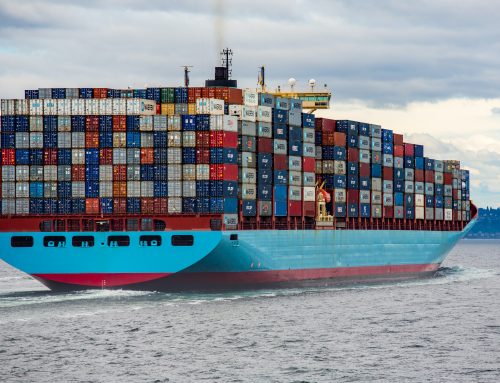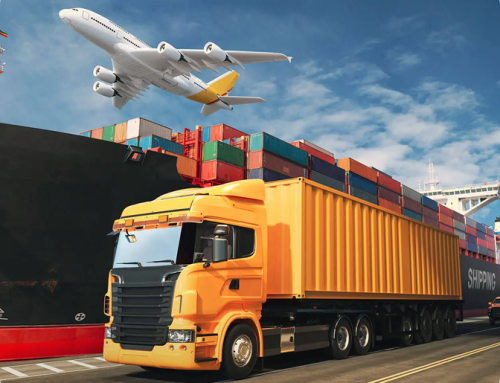The Department of Labor’s Bureau of International Labor Affairs (ILAB) has added 32 products (and removed one product) to its list of foreign-made goods that it has reason to believe are produced by child labor or forced labor in violation of international standards, bringing the total up to 158 goods from 77 countries.
ILAB’s List of Goods Produced by Child Labor or Forced Labor is intended to raise awareness about child labor and forced labor to help companies carry out risk assessments and engage in due diligence on labor rights in their supply chains, and to ensure that trade agreements include provisions against such practices.
One example cited in ILAB’s report is the recent United States-Mexico-Canada Free Trade Agreement (USMCA), which includes the “strongest and most far-reaching labor provisions in any trade agreement in the world,” including provisions prohibiting all parties from importing goods made with forced labor, and the establishment of the Forced Labor Enforcement Task Force (FLETF) to monitor forced labor trade enforcement.
The additions to the List of Goods Produced by Child Labor or Forced Labor for 2022 are as follows:
- Bangladesh: garments (forced labor)
- Brazil – acai berries (child labor)
- Cameroon – gold (child labor)
- Ecuador – bovines, hogs, poultry, rice (child labor)
- Ghana – bovines, textiles, rice (forced labor)
- India – tea, thread/yarn (forced labor)
- Indonesia – palm oil products (child labor and forced labor)
- Kenya – cattle (child labor)
- Pakistan – baked goods, bovines, dairy products, electronics, furniture, garments, rice, textiles (child labor)
- Zimbabwe – gold (child labor)
Cotton from Uzbekistan has been removed from the list.
Downstream Products
For the first time, ILAB’s list also includes “downstream products,” which are products that it suspects may contain goods produced with forced labor or child labor. This list includes goods made from:
- Polysilicon from China, including photovoltaic ingots, photovoltaic wafers, solar cells, solar modules, semiconductors, and solar generators
- Lithium-ion batteries from China, including electric cars, laptops, cell phones, vacuums, turbine blades, and medical implants
- Palm fruit from Indonesia, including crude palm oil, crude palm kernel oil, refined palm oil, refined palm kernel oil, and oleochemicals
Here’s an illustration of what ILAB means by “downstream products,” showing how cobalt produced from child labor in the Democratic Republic of the Congo is used to create batteries in China, which are then used in hundreds of different products.
You can read ILAB’s full report here, or download the complete List of Goods as an Excel file here.
To stay informed on important updates about importing and the supply chain, stay connected with a customs broker.




